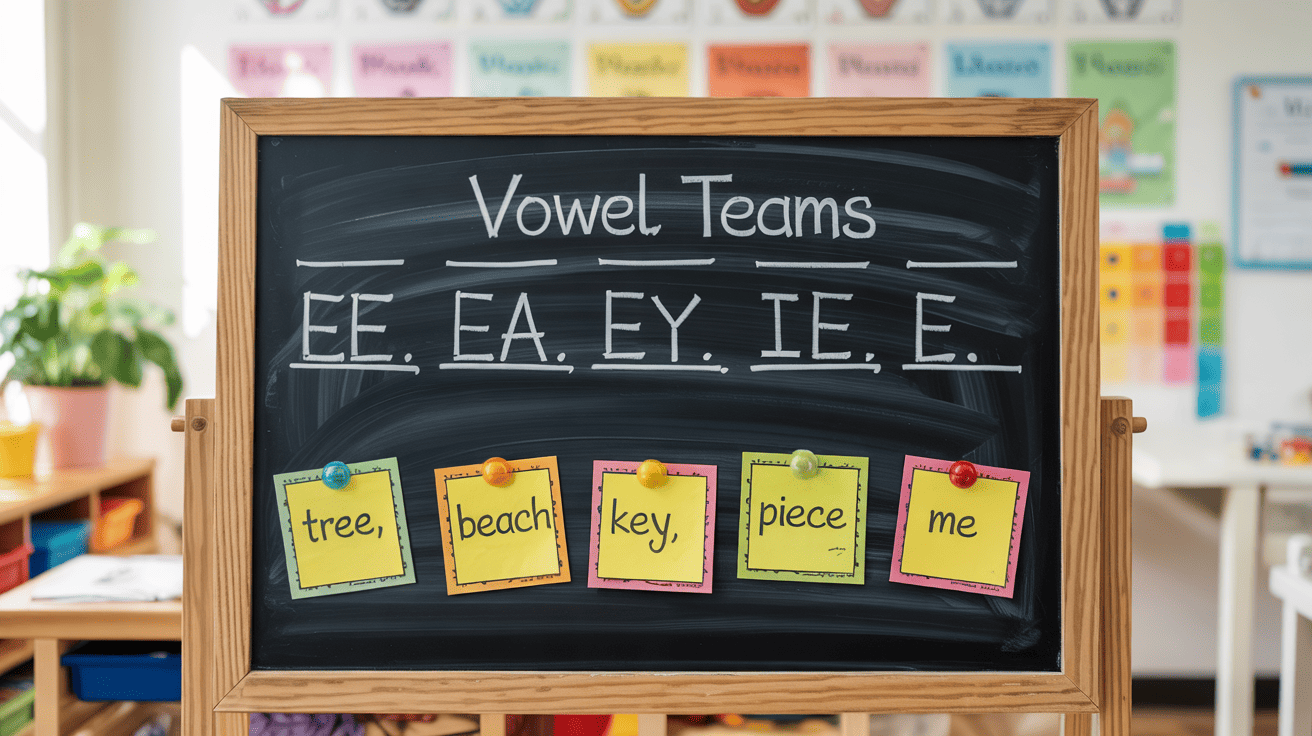Travel Programs for College Students: The Link Between Travel Experiences & Academic Success
Many learners pay for scholarship essay writing services before chasing big grants. Yet another path can enrich study growth that often stays unseen: purposeful journeys. Programs that send college groups across borders mix field discovery with hands-on tasks.
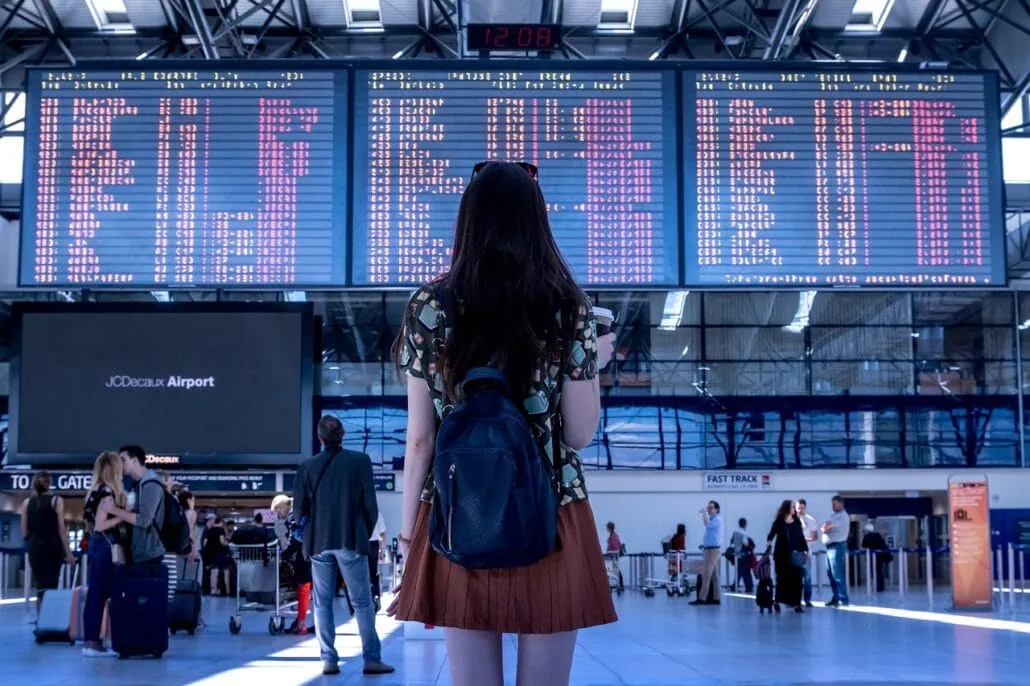
Whether students join organized tours or sign up for credit trips, lessons travel beyond fun. Teachers note fresh curiosity blooms when fresh sights replace familiar lecture halls. Each destination introduces customs, languages, and viewpoints that test quick thinking. Group tasks on the road demand teamwork that later strengthens classroom projects.
Problem-solving and adaptability sharpen while moving between stations, terminals, and city lanes. Skills gained abroad often surface during exams, labs, and essays back on campus. Travel learning joins personal growth with study habits that fuel lasting performance.
Road lessons merge senses, movement, and study into one vivid learning frame. The approach keeps minds alert and energy high during long academic seasons. Parents and sponsors often view these programs as wise investments in future strength.
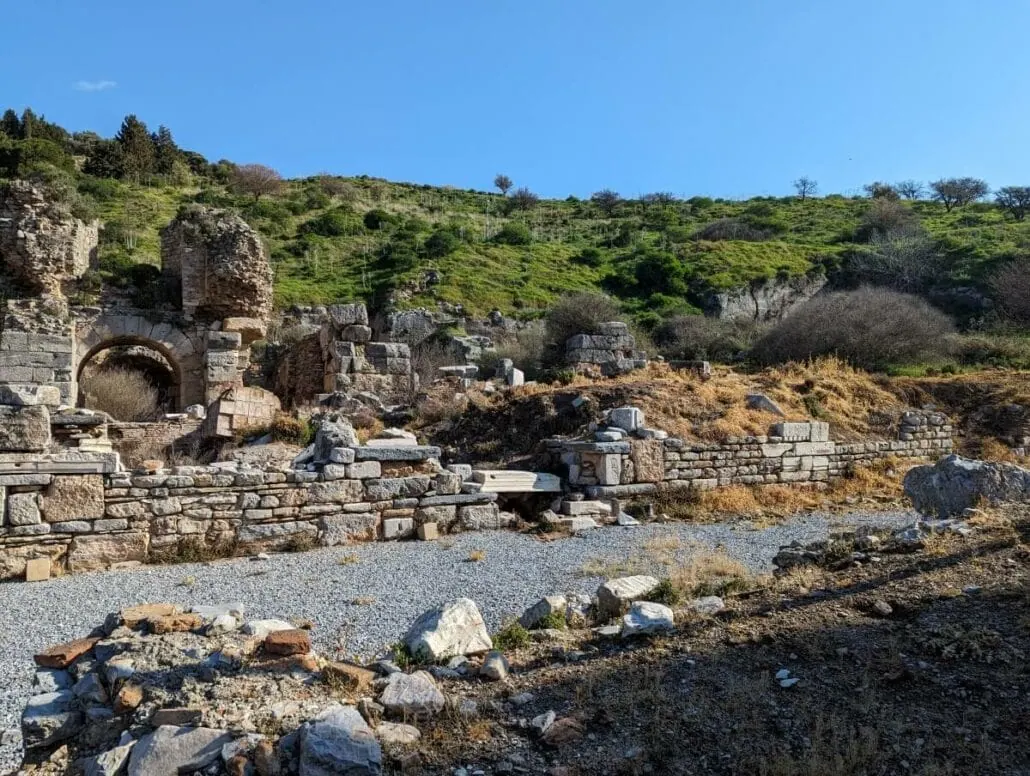
Crossing borders exposes young minds to fresh speech patterns and local rituals each day. Such meetings stretch thinking and invite students to inspect long-held beliefs. Observing how distant communities solve shared issues offers a wide angle on everyday hurdles.
Participants compare teaching styles, civic rules, and values, sparking spirited debate. Sightseeing shifts into empathy practice by urging travelers to read nuance in gestures. Back on campus, many show higher readiness to accept ideas that differ from their own.
Fast adjustment abroad trains minds to settle quickly into new lab groups or clubs. Communication grows clearer, and public speaking gains polish through real chats, not drills. These upgrades feed daily success across high school and university courses.
Cultural contact lays a firm base for cooperation and thoughtful leadership. Open-mindedness practiced abroad cuts down on bias during group debates in lecture halls. This habit supports fair teamwork and balanced research conclusions later. Open dialogue across cultures cuts down misunderstanding that can stall scientific or business deals later.
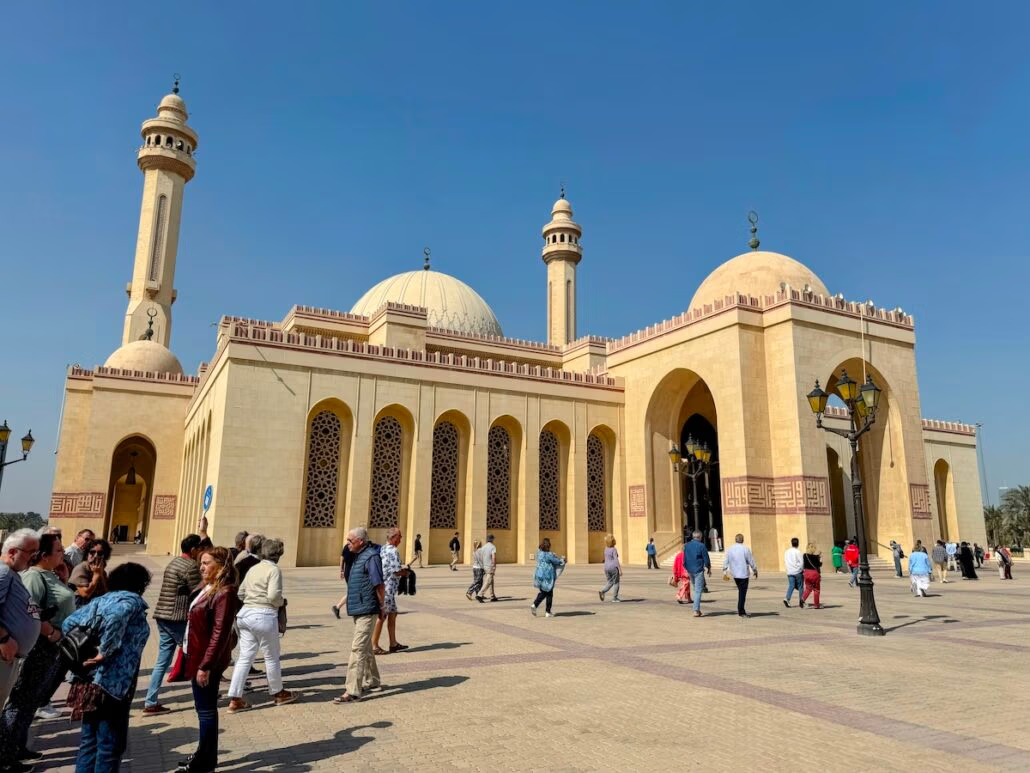
Navigating unfamiliar streets proves to students that they can handle shifting surroundings. That self-belief frequently converts into a stronger drive during lectures and study periods. Completing directions in another language or mastering foreign transit builds mental grit.
The same grit appears while drafting reports or breaking down tough math problems. Travel also raises hunger for knowledge about distant affairs and cultures. Students begin viewing issues from several angles and pitch bold ideas in class. Shared stories from the road link classmates and ignite study circles back home.
The energy gained on tour fuels better quiz outcomes and stronger project marks. School feels fresher when travel memories whisper that hard tasks can be conquered. Motivation remains high long after the return flight finally lands.
They consider setbacks temporary rather than final, boosting perseverance levels. Stronger morale then spills into clubs, sports, and volunteer crews across campus.

Shared journeys tie participants together through both sweet discoveries and sudden snags. Relying on peers for guidance creates loyalty and deep respect. Back in class, these bonds spark lively teamwork and smooth project handling.
Stories from abroad engage classmates who stayed behind and widen the group conversation. The trust built overseas later eases joint research or peer tutoring sessions. Some friendships mature into future study partners or even startup partners.
Graduates often recall travel companions and the lessons they collected together. Those memories keep networks alive across fields, cities, and years. One brief trip can plant seeds for careers or shared research grants. Friendships born through motion make achievements feel shared rather than solo.
Inside jokes born abroad later ease tense moments during heavy study nights. Support networks built early guard against isolation and burnout later.
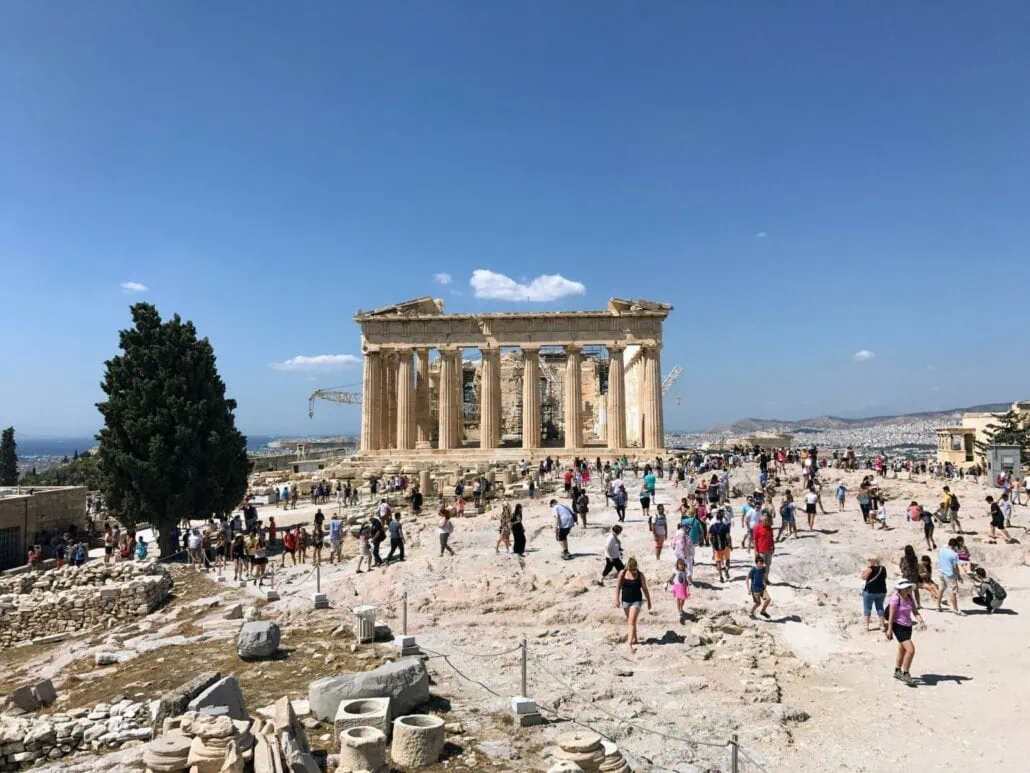
Visits to ancient ruins, science labs, or art studios often spark fresh passions. Learners may discover fields never listed on their original major plans. Seeing marine research boats or space observatories in action ignites serious curiosity. Educators note a surge in assignment quality when returning travelers tackle new subjects.
Sharing vibrant travel tales pulls classmates into deeper inquiry and group learning. Class talks gain breadth as students link overseas observations to home lessons. This wider view keeps minds alert and ready for cross-disciplinary thinking.
Exploration abroad shapes learners into flexible thinkers who connect the dots quickly. Their essays, lab notes, and speeches start reflecting many angles and wider evidence. Academic goals grow clearer as students chase subjects first met on distant soil.
Mentors often notice sharper focus and higher attendance from recent travelers. Exploration transforms vague goals into concrete study plans and action steps. Class syllabi expand as teachers weave student discoveries into upcoming modules.
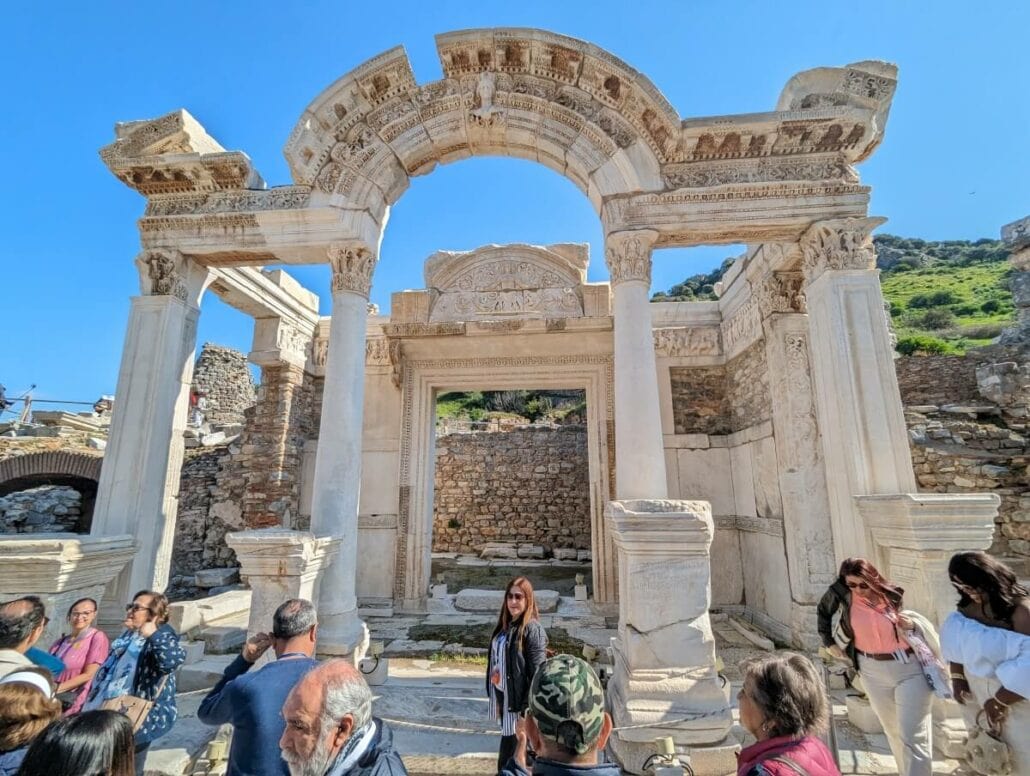
Trips rarely run perfectly, and delays or language gaps appear without warning. Such surprises teach patience and quick problem-solving under pressure. Students rearrange plans, consult locals, and craft backup routes on the spot. These real tests echo future group projects with tight time frames.
Leadership emerges as each traveler offers ideas and divides duties. Success arrives after several attempts, proving persistence often beats instant mastery. Seeing teamwork win over stress inspires a similar focus during exam week. The habit of seeking guidance builds a sense of supportive community.
Learners return knowing difficulties can be cracked with shared effort and clear steps. Class projects then feel less scary because travel proved that problems are solvable. Students remember that steady breath and clear talk calm tense crowds and teammates. Each solved issue becomes a mental case study for later coursework.
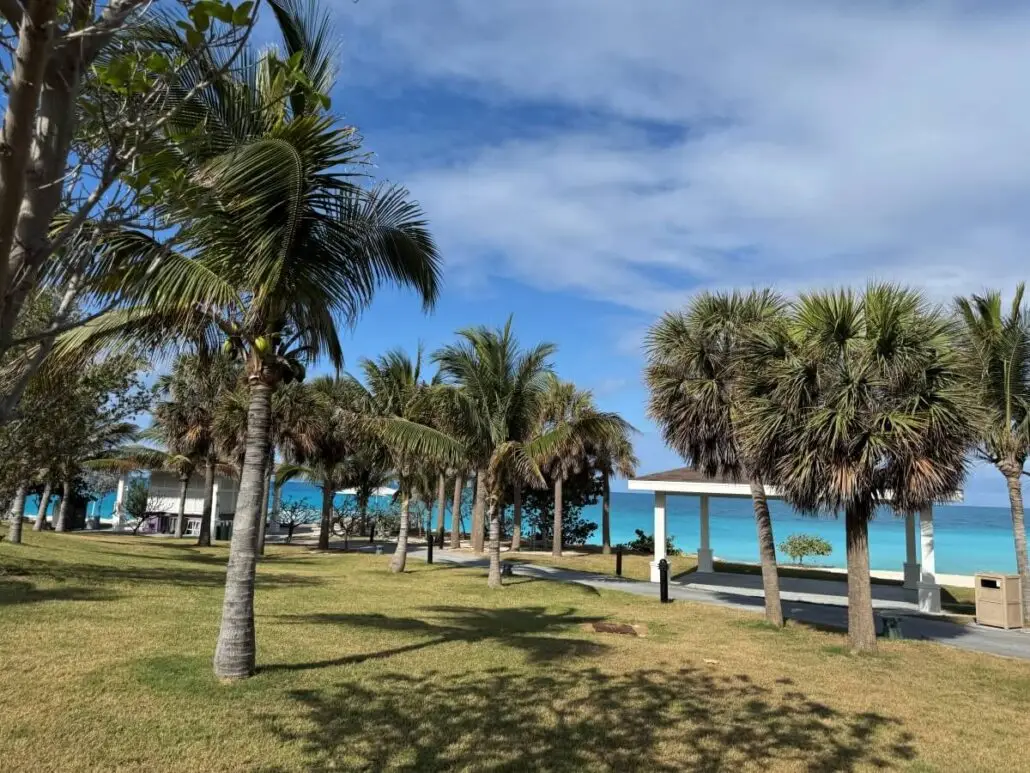
Moving without parents pushes many students to handle money, meals, and transit alone. Planning daily routes sharpens time judgment and keeps tasks on schedule. Budget limits teach smart spending choices that translate to dorm life. Travelers see that small picks, like extra snacks, affect overall funds quickly.
Owning each decision drives responsibility during lab work or long essays. Some meet local experts and tour nearby universities, expanding career horizons. Problem solving becomes routine as maps change and timetables shift. Confidence grows with every successful fix, building resourceful learners for future challenges.
These skills support strong study habits during finals and beyond. Independence gained abroad keeps guiding choices long after graduation day. Trip journals help track spending, meals, and feelings, building reflection habits. Reflective writing strengthens memory and supports meta-cognitive growth in class.

Worksite visits let students watch chefs, engineers, and artists perform daily duties. Direct chats with staff reveal training paths and helpful study tips. Ideas for internships often arise after these honest talks back home. Trips also show social issues that spark interest in service or policy fields.
Understanding daily challenges abroad shapes kinder, more aware future leaders. Colleges value applicants who engage deeply with international concerns already. Real encounters connect classroom theory to living workplaces and clear job needs.
Each journey becomes a résumé line that proves curiosity and initiative. Students return with research papers on the industries they just observed. Step by step, travel lights the route toward thoughtful career planning. Exposure to day-to-day tasks clarifies what textbooks often simplify greatly.
Such clarity guides elective choices and internship searches during the sophomore year. Guides often arrange shadow days, letting visitors follow professionals through full shifts.

Living amid native speakers speeds up vocabulary growth more than classroom drills. Ordering food or requesting directions gives steady practice in real settings. Travelers test sentence structure on the spot and gain instant feedback.
Cultural links become clear as phrases match traditions and shared stories. Fluency rises, bringing stronger poise during speeches and debates on campus. Admissions teams notice applicants who return to speak with confidence and care.
Employers also prize multilingual graduates able to bridge markets and cultures. Language growth from travel often sparks longer study or exchange plans. Peers seek help from fluent classmates, who then deepen mastery by teaching.
Immersion sets shy pupils on a path toward clear and persuasive speech. Learners begin to think in the new tongue, shortening translation delays. They also pick up idioms that add flavor and authenticity to speech.

Educational journeys provide far more than photo albums and souvenirs. They shape adaptable, imaginative, and open learners ready for varied demands.
Diving into new cultures deepens class insight and boosts recall of key ideas. Confidence, drive, and language strength climb when students step outside their comfort zones. Unique settings build bonds and spark creative teamwork back at school.
Travel paths also widen subject interest, job dreams, and civic care. Whether journeys reach distant continents or nearby regions, learning thrives through motion. Students return home carrying fresh lessons that enrich essays, labs, and debates.
The clear tie between travel experience and academic rise stands strong. Those who venture beyond familiar streets often gain a lifelong hunger for knowledge. Lessons learned on dusty roads or busy streets echo in lifelong growth. Curiosity fed by motion rarely fades, pushing graduates toward constant self-improvement.
Each passport stamp marks a chapter of challenge met and insight earned.








